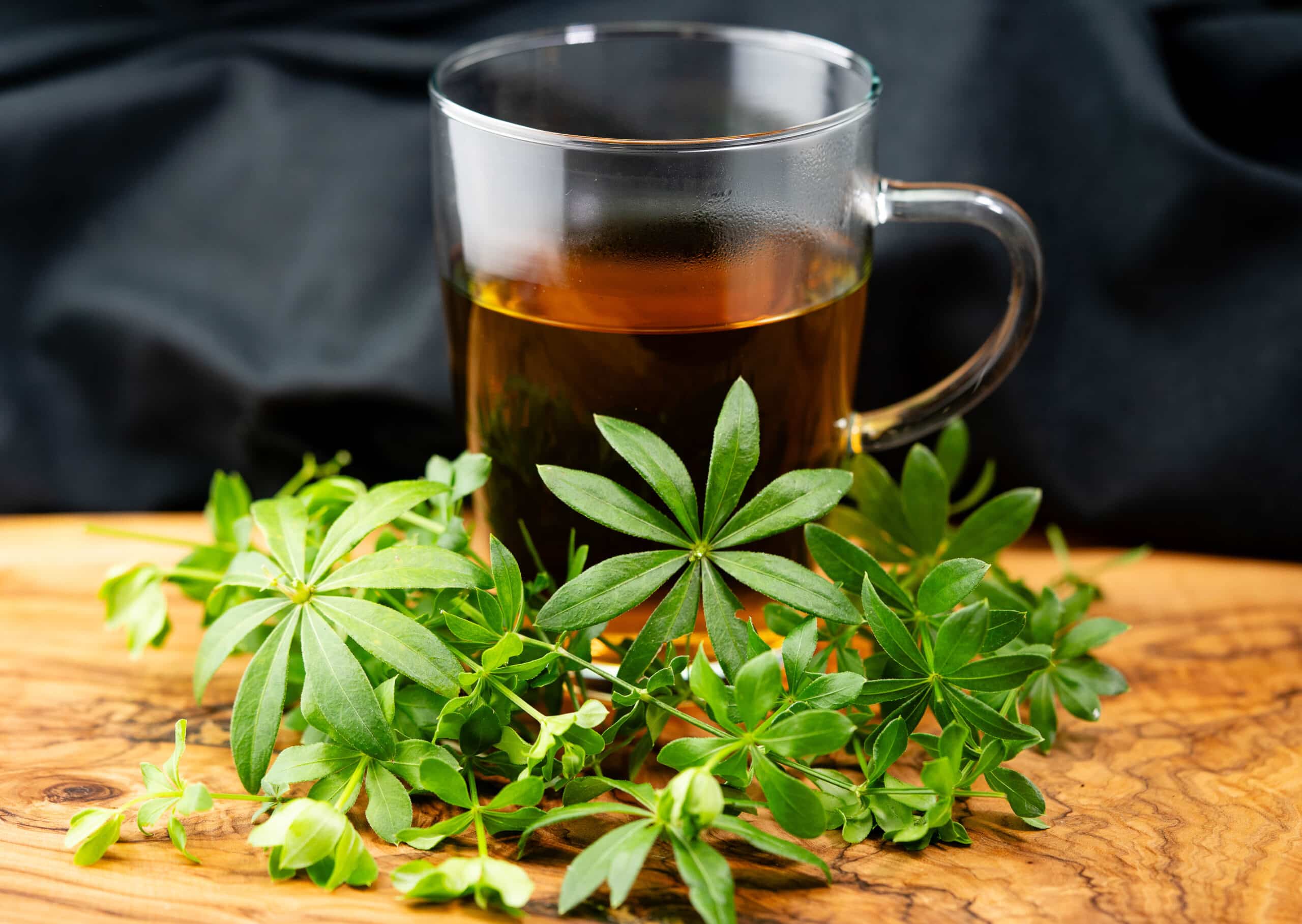Are Medicinal Herbs Considered True Medicine?
Key Takeaways
- Medicinal herbs have been used for thousands of years for their therapeutic properties and healing benefits.
- The use of medicinal herbs is supported by research and historical evidence, and they have been found to be effective in reducing stress and anxiety, boosting immune function, reducing inflammation, and relieving pain.
- While medicinal herbs have various health benefits and play an important role in traditional medicine systems, their status as true medicine is still a matter of debate, and it is important to approach their use with caution and consult with healthcare providers.
Medicinal herbs have been used for thousands of years for their therapeutic properties and healing benefits. But are they considered true medicine? Let’s delve into this topic and explore the evidence and opinions surrounding the use of medicinal herbs.
The Healing Power of Medicinal Herbs
The use of medicinal herbs as a form of medicine is supported by research and historical evidence. Various herbs, such as ashwagandha, chamomile, echinacea, garlic, ginger, and turmeric, have been used for centuries for their medicinal properties.
Studies have shown that these herbs can be effective in reducing stress and anxiety, promoting relaxation, boosting immune function, reducing inflammation, and relieving pain. For example, ashwagandha has been found to reduce cortisol levels, a hormone associated with stress, while ginger has been shown to have anti-inflammatory properties.
Herbal Remedies and Traditional Medicine
Herbal remedies are an integral part of traditional medicine systems around the world. In fact, 11 percent of the drugs considered “basic and essential” by the World Health Organization are exclusively of flowering plant origin.
Traditional medicine systems, such as Ayurveda and Traditional Chinese Medicine, rely heavily on the use of medicinal herbs for promoting well-being and treating various health conditions. These systems have been passed down through generations and have stood the test of time.
Considerations and Precautions
While medicinal herbs can offer numerous health benefits, it is important to approach their use with caution. Individual results may vary, and it is always best to consult with a healthcare provider before using medicinal herbs as a form of treatment.
Herbal remedies are not cure-alls and can carry risks and side effects. It is crucial to pay attention to the evidence, potential interactions, and safety issues of each herb. Some herbs may interact with conventional medicines or have strong effects, so it is essential to educate oneself and seek professional guidance.
The Controversy Surrounding Medicinal Herbs
Despite the long history of medicinal herb usage, their status as true medicine is still controversial. One reason for this is the lack of close scrutiny by regulatory agencies like the FDA. Unlike pharmaceutical drugs, herbal supplements are not subject to the same level of regulation.
Additionally, there is no definitive research that proves a certain herb cures or treats a specific health problem. While there is evidence supporting the use of medicinal herbs for various conditions, more research is needed to fully understand their efficacy and safety.
Conclusion
Medicinal herbs have been used for centuries and have various health benefits. They hold an important place in traditional medicine systems and are known for their therapeutic properties. However, their status as true medicine is still a matter of debate.
It is crucial to approach the use of medicinal herbs with caution, consult with healthcare providers, and educate oneself about the herbs being taken. While they can be effective in promoting well-being and addressing specific health issues, it is important to consider individual variations and potential risks.
Related Websites:
FAQs:
Q: Are medicinal herbs considered true medicine?
Yes, medicinal herbs are considered true medicine. They have been used for centuries in various cultures for their therapeutic properties. While they may not have undergone the same level of scientific testing and regulation as conventional medicines, they have proven benefits and are recognized as a valid form of treatment.
Q: What are some common medicinal herbs?
Some common medicinal herbs include chamomile, ginger, garlic, turmeric, and ginseng. These herbs have a long history of traditional use and have been studied for their potential health benefits. They are widely available and can be used in various forms such as teas, capsules, or extracts.
Q: How are medicinal herbs regulated and approved?
Medicinal herbs are regulated and approved differently from conventional medicines. The specific regulations vary by country, but generally, they fall under the category of dietary supplements or traditional medicines. Regulatory bodies such as the FDA in the United States or the European Medicines Agency in Europe provide guidelines and oversee the safety and quality of these products.
Q: Are medicinal herbs safe to use?
While medicinal herbs can offer various health benefits, it is important to use them with caution. Some herbs may interact with medications or have potential side effects. It is recommended to consult with a healthcare professional, especially if you have any pre-existing medical conditions or are taking other medications. Additionally, it is important to follow proper dosage instructions and purchase reputable, high-quality products.
Q: How do medicinal herbs fit into complementary medicine?
Medicinal herbs play a significant role in complementary medicine. Complementary medicine refers to the use of alternative therapies alongside conventional medical treatments. Medicinal herbs are often used as natural remedies to support overall health and well-being. They can be used in conjunction with other complementary practices like acupuncture, massage, or yoga to promote holistic healing.






